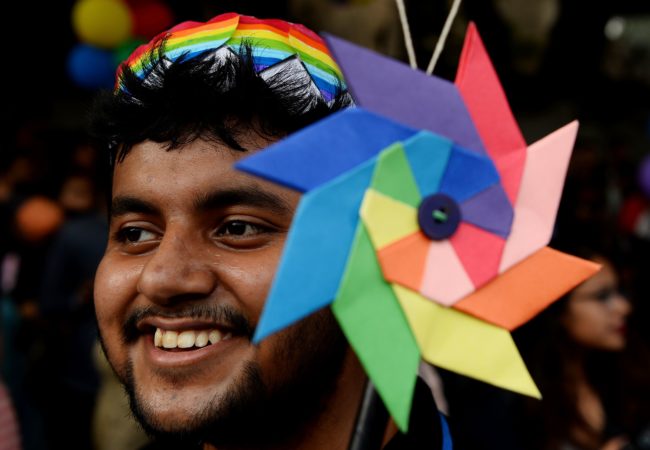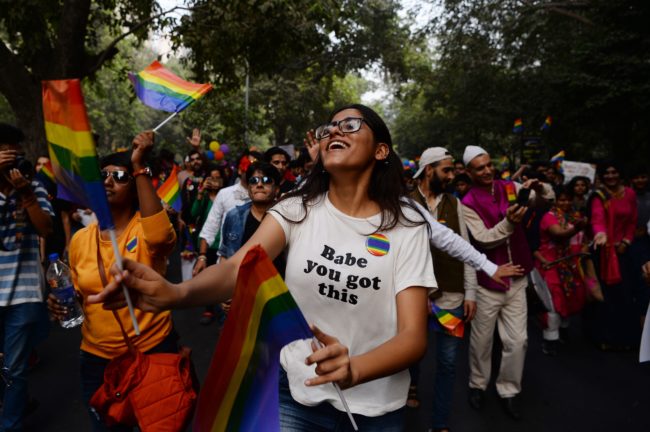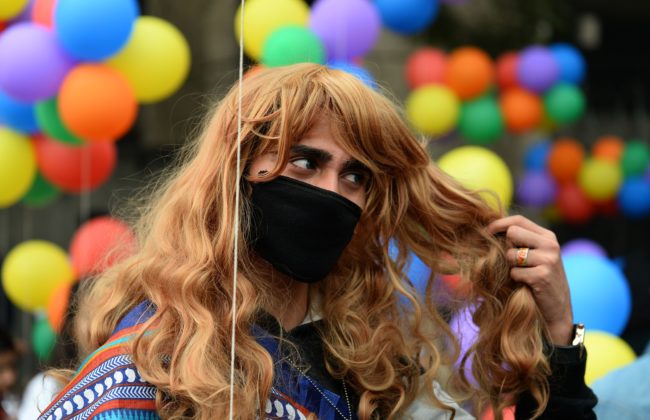Renewed hope that India’s colonial anti-gay law might be finally overturned

Last weekend many took to the streets of Delhi for the 10th annual Queer Pride parade, and the event brought with it a renewed sense of hope that a colonial anti-gay law might finally be overturned.
An outpouring of love was seen as the celebration took place last Saturday.
But this was no ordinary Pride event – it marked hopes that Section 377 might actually be repealed following a Supreme Court ruling in August.

(Getty Images)
In a landmark ruling, India’s Supreme Court has confirmed an individual’s right to privacy – including sexual orientation – under the country’s constitution.
The ruling on August 24 offers new hope for the LGBTQ+ community in India, still living under the homophobic legacy of the British Empire which criminalised same-sex relationships. A formal judgement on the law, known as Section 377, is still pending and the hope is that the court will repeal this toxic colonial hangover.

(Getty Images)
This legacy dates back 157 years to a dark part of imperial history. In 1860, the British Raj – the empire in India – had been in place for three years.
The founder of the Naz Foundation, Anjali Gopala, which is at the forefront of the battle to abolish Section 377, said the August ruling would have massive implications for a review of the colonial era law.
“Five out of the nine judges, it was a nine judge bench, actually questioned the validity of 377. To me that is amazing. I feel a little easier after the privacy judgment,” said Gopalan.
A statement from the organisers of the Pride parade said: “We march against the oppressive attacks and varied forms of discrimination visited upon hijras, kothis, transwomen, transmen, lesbian, gay, intersex and sexually nonconforming, bisexual, multisexual, pansexual, asexual people and our allies in public and private spaces.”

(Getty Images)
Local media reported on the fact that revellers had braved the smog to come out in the streets and celebrate LGBT+ life.
RELATED: The British Empire’s homophobic legacy could finally be overturned in India

